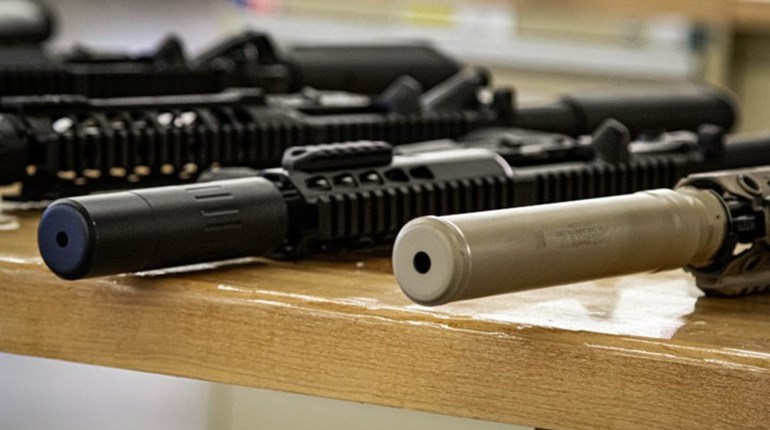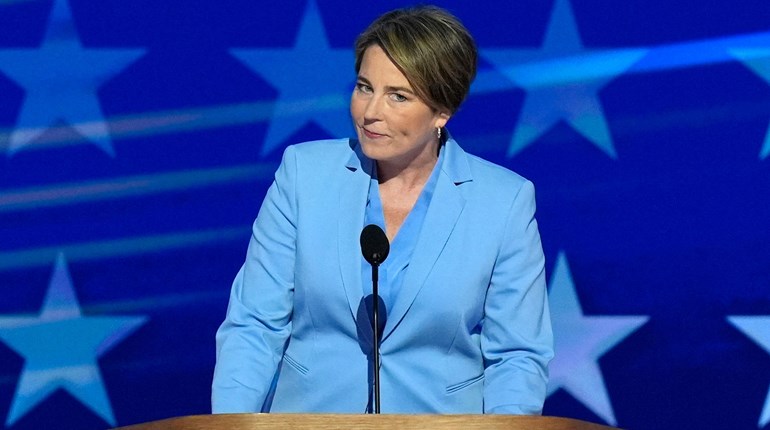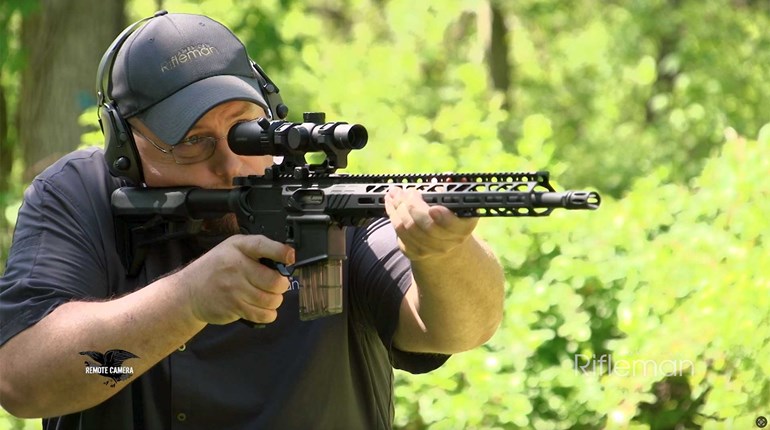
The House version of the Target Practice and Marksmanship Training Act was introduced Sept. 23 by Rep. Heath Shuler (D-NC). A bi-partisan Senate bill, S. 1249, was introduced earlier this summer by Sen. Mark Udall (D-CO).
The legislation would give states greater flexibility to use more of their designated wildlife resources realized from federal excise taxes to establish recreational shooting areas. More specifically, the legislation will help facilitate the construction and expansion of public target ranges, including ranges on federal land managed by the U.S. Forest Service and the Bureau of Land Management.
Specifically, the Target Practice and Marksmanship Training Act would amend the Pittman-Robertson Act to allow excise-tax revenue generated by the sale of firearms and ammunition to fund up to 90 percent of expanding or constructing shooting ranges on both federal and non-federal land. The current law allows Pittman-Robertson to pay for 75 percent of a shooting range, but all funds allocated to a state must be spent in one fiscal year. The amendment would allow funds to accrue for five years, facilitating the development of a substantial pool to pay for shooting range expansion and construction.
"The Target Practice and Marksmanship Training Support Act would help ensure that there are enough accessible ranges. And it does so at no additional cost to the taxpayer," Sen. Udall said this week. "My bill would increase the flexibility states have to use the funds they already get from the federal government to create and improve public shooting ranges."
Udall's bill and the companion measure in the House have been met with strong support by many shooting-sports enthusiasts in Colorado and other Western states where vast expanses of public land exist, but closures and other restrictions to shooting are becoming increasingly common.
"Gun owners have been shafted for years, and a bill introduced in the United States House of Representatives on Friday stands to change things for the better," read a Sept. 24 editorial in the Colorado Springs Gazette. "Both forest shooting ranges near Colorado Springs have been closed for years. Federal authorities claim the ranges are dangerous, even though they are statistically far safer than all other recreation facilities in the forests."




































